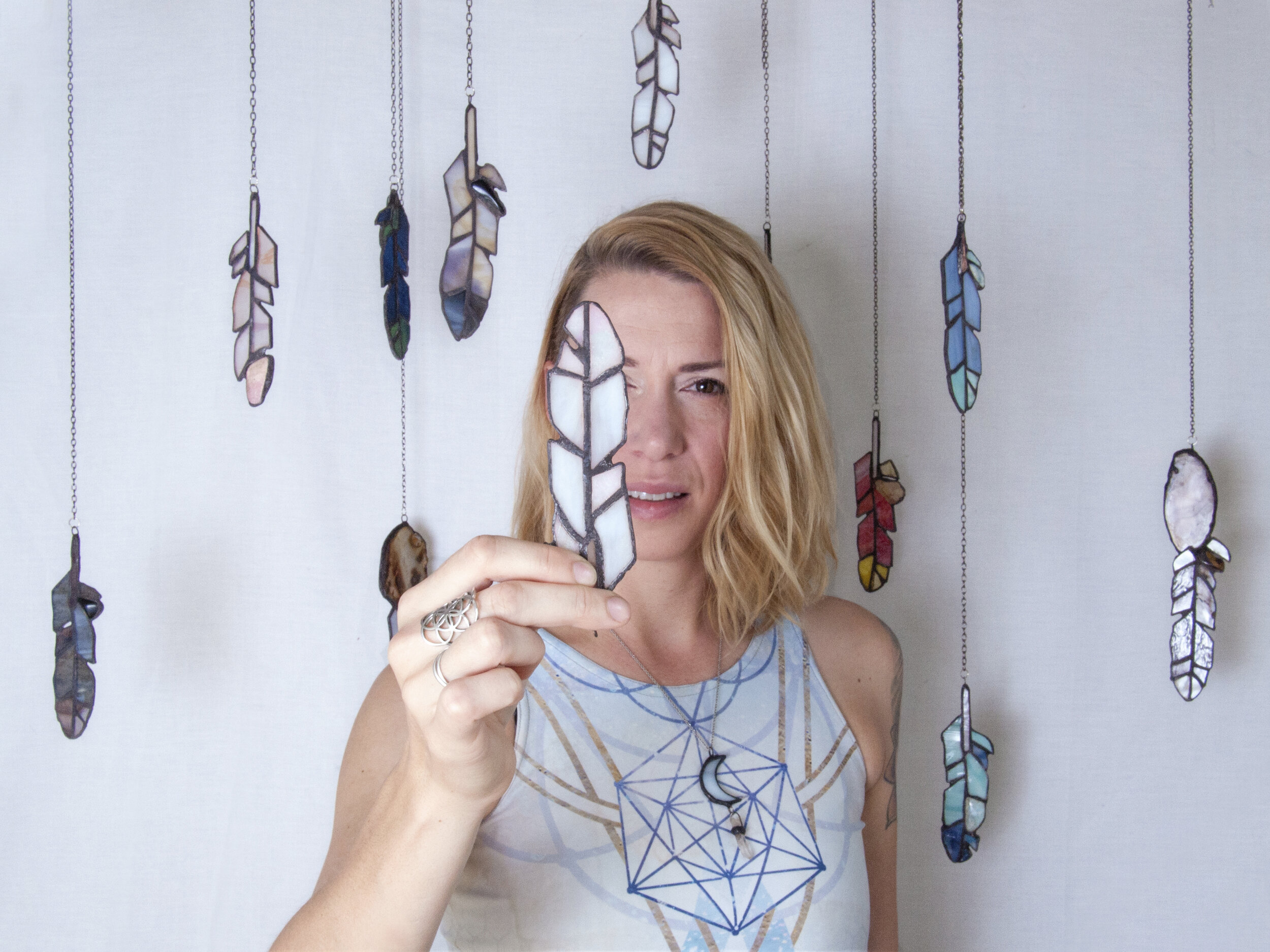We live in a remarkable world. 200 years ago, “finding your passion in life,” wasn’t a priority for humanity. But then came automation, airplanes, subsidized universities, the internet. Suddenly we live in a world with enough free time, education and movement that we can choose what we do.
But with that freedom also comes exhausting responsibility. In a world of infinite choices, how do we narrow down what will make us feel the most fulfilled? How do you find your passion AND make money? How do you find a career you love AND have security? It can feel exhausting to begin.
But finding your passion is essential to wholehearted living. Especially now. This recent world crisis has made people stop and think about what makes their best lives. We have become a little more conscious that our time on Earth is limited. We need to make the most of it.
So it’s time to learn some skills for how to find meaning in life. Here are your 8 steps to finding your new direction.
What more tips on How To Find Your Passion? Listen to this podcast I did with Christy Pritchard on EQ Cast!
How Do I Find My Passion?
1- Explore
How can you know what you like doing if you’ve never tried it? You already know what you’re interested in. It’s the stuff you love to watch on tv, the social media channels you follow, the things you talk about with your friends.
But liking something is different than doing it. So write a list of all the things you enjoy. Then pick the top 4 things that you feel the most excited about, and commit to trying to do them yourself. Love horses? Take a riding lesson. Obsessed with sports? Join a team. Fascinated by crypto? Invest 20 bucks.
2- Start Small
In the beginning, it’s important to not put all your eggs in one basket. The goal is to cast a web and see how different activities feel. Focus on your curiosity and where it leads you.
Try each new thing at least 3 times. The first time you try a new thing it will always feel awkward. The second time you will start getting the hang of it. By the third time, you’ll have an idea if this new thing is something you could commit to.
3- Follow Your Joy
Most people have grown up believing that life is about responsibility. We’re taught that it’s normal to hate our jobs and live lives that aren't fulfilling. But the whole point of this new type of life is that it's all about doing what you love!
That doesn’t mean that it won't be hard (in fact, quite the opposite.) It means that what you do every day should give you a sense of joy. Joy is different than happiness. Joy is calmer, more persistent and more fulfilled. So of the few things that you're pursuing, what makes you feel joy most often?
4- Find Guidance
By now, you should've narrowed down your focus to either one or two things. It's time to start going deeper. You may feel overwhelmed at this point about how to make this new direction sustainable, but don’t fear!
The most amazing thing about our world today is our incredible access to information. If you can imagine something, someone else has already done it. And if they’ve done it, they’re willing to teach you about it. Often for free! Find resources online and learn the stepping stones that others use to create success.
5- Make It a Habit
The only thing that you need to make something work is persistence. The people who are the most successful in the world aren’t the most talented, intelligent or even lucky. What they have is a commitment to show up and do what they love every day.
You don't need to jump off the cliff and quit your day job yet. Just put effort into this new project daily, with whatever time you have. Never underestimate the power of cumulative results! If you do something small every day for 10 years, when you look back, suddenly you have something huge!
6- Surround Yourself With the Right People
Fear is a fact of humanity. It is an essential thing that we need to help keep us safe. If we didn’t feel fear when a tiger jumped at us, we wouldn’t run away and we would die. But listening to the helpful things in your fear is very different than letting it drive the bus.
When we start a new project, the most common response from those around us is to respond in fear. People will tell you all the things that could go wrong and all of the reasons you will fail. Hear this fear with love, they’re just trying to protect you! Then find other people who are used to living fully and willing to encourage you and support you on your new path.
7- Get Comfortable With Discomfort
It’s not just the people around you who have to deal with their fear! Resilience training is part of following your passion. After all, you’re trying to live in a new way, the newness is bound to be confusing and difficult at times! If you don’t train yourself to deal with this discomfort, you’ll give up your passion before you've even begun.
Do something every day that scares you. It should be something small, but it should make you feel a little nervous. The more you practice getting over that fear, the more you’ll realize that scary things won’t kill you. When you deal with your discomfort, you can take on bigger and bigger challenges.
8- Believe in the Best Outcome
Yes. You can do this! I promise! You may have a hard time believing that living your dream is possible. Research all the people you can find who are living the type of life that you want. If they can do it, so can you!
Ask yourself what’s the worst that can happen? The worst outcome is probably not as bad as you let yourself think. And at the end of the day, it's so much worse to live a small life devoid of daily joy and fulfillment. Think of the life that you’ll have when you accomplish your dreams!
Go Find Your Passion!
Finding your passion is not the easy way out. It will take commitment and resilience, but we only have this one shot. Having the life of your dreams is worth it to try.



























